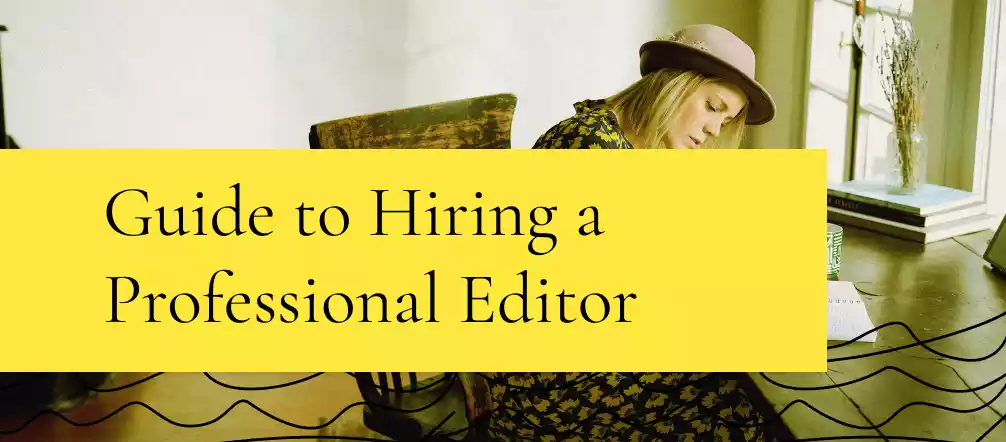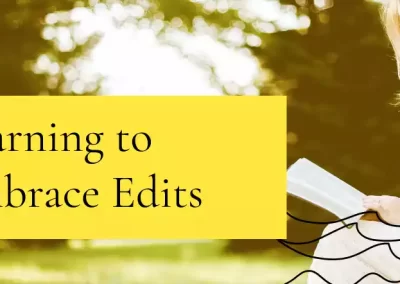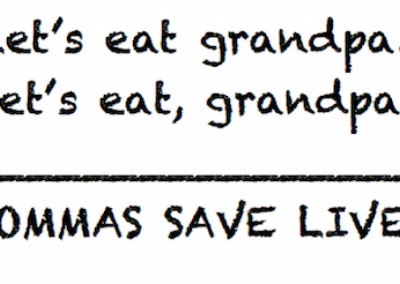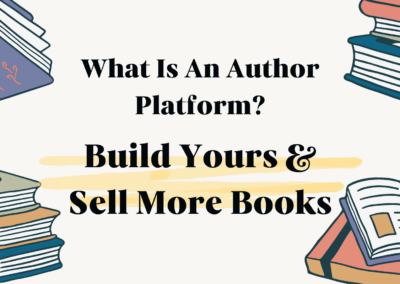Hiring a professional editor can be the difference between having your manuscript accepted or rejected by publishers and agents. It is important to find the right person who understands your work and will help you get it ready for publication.
This guide will explain what a professional editor does, why authors hire them, what to expect from them, benefits of having one on board, tips on finding a good one and how best to work together with them throughout the editing process.
What is a Professional Editor?
A professional editor is someone who provides editorial services such as developmental editing, line editing, copyediting, proofreading and fact checking for manuscripts prior to publication or submission of manuscripts for publishing consideration. Professional editors are well-versed in the English language, excellent communicators and experienced with a variety of editorial tools.
Manuscript editors act as an independent third party to ensure that an author’s manuscript is ready for submission to publishers.
Editors help authors refine their work and improve their manuscript
Professional editors use their extensive knowledge of grammar, syntax, punctuation and style to refine the author’s work. They can also provide advice on organization and structure of a manuscript.
Generally speaking, a professional editor will help you as an author to:
- Identify any errors in content, grammar and syntax
- Check for accuracy and consistency
- Ensure proper structure, organization and flow of ideas
- Improve the overall readability of the manuscript
- Ensure that your work is free from plagiarism or copyright infringement
Working with an editor can also provide valuable feedback and insight on how to make your work more interesting, engaging and appealing to readers. Authors will benefit from the professional editor’s expertise and experience in developing a good quality manuscript that is ready for publication.
Finishing a manuscript can be hard
As you work to finish your manuscript, and when you have a manuscript, but don’t feel prepared to submit it to publishers, then it might be a good idea to hire an editor. Their expertise could provide insight into whether your manuscript is ready, or if there are still elements to improve before submission.
Most authors hire editors because they need help preparing their manuscripts for publication. Professional editors can provide a valuable service in making sure that the author’s work meets the publishing standards expected by publishers and agents.
Some authors, who may be already working with a writing coach, find that it helps them become better writers as they go through the editorial process and learn from their experiences.
“Get some distance from the text! It’s hard to edit or proofread a paper that you’ve just finished writing—it’s still too familiar, and you tend to skip over a lot of errors” suggests The Writing Center at UNC Chapel Hill.
“You will usually make significant revisions to the content and wording of your paper. Keep an eye out for patterns of error; knowing what kinds of problems you tend to have will be helpful, especially if you are editing a large document” like a novel or nonfiction manuscript.
Polish your work, get an expert’s opinion
A professional editor can also give feedback and provide guidance on how to improve the manuscript. They will help authors polish their work, so that it is more attractive to agents and publishers. If a manuscript has any grammatical or structural errors, a professional editor can identify these issues quickly and make corrections as needed. The expert eye of an editor can also help authors stay consistent throughout the publication process while helping them keep track of deadlines set by publishers or agents.
When you hire a professional editor, they will typically review and read your manuscript in its entirety. They can then provide feedback on the overall quality of the work as well as offering advice on how to make it more readable and engaging for readers.
“To be a good editor, you should read over your [manuscript] many times yourself, each time focusing on a different issue” offers the Excelsior University Online Writing Lab. If your manuscript is very long, this process of reading and re-reading your work may be untenable individually.
Correct errors and build a manuscript that resonates with publishers and readers
The goal of a good professional editor is to help you create an error-free manuscript that meets industry standards for publication or submission purposes. The process usually involves several rounds of editing (copyediting, proofreading) until all necessary corrections have been made. Depending on the scope of services requested from the client, and the length of the manuscript, this process could take anywhere from a few days to a few months.
Hiring a professional editor can be beneficial to authors in many ways. Here are some of the benefits of having an experienced, knowledgeable and reliable editing partner:
- Save time by not having to proofread and edit your own work
- Ensure that all errors have been identified, reviewed and corrected before submission or publication
- Get helpful feedback on organization, structure and flow of ideas so you can make necessary improvements
- Gain a better understanding of copyright law as it pertains to publishing standards
- Receive valuable insights and advice about how to make your work more appealing for readers
- Have confidence that your manuscript is free from errors when it is sent out for consideration
Authors see a strong ROI from hiring an editor to look at their work. A good editor will help authors improve the quality of their manuscripts overall, and identify storyline issues and general errors that might become issues later. Many editors also can help you to make sure your manuscript is free from any inadvertent plagiarism or copyright infringement.
Having a well-edited manuscript gives authors greater confidence when submitting to agents and publishers.
If you are an author with a manuscript–finished, or in progress–don’t hesitate to reach out to our team. We can connect you with professional editors who have experience working in your genre. We’d love to give your book a read, so don’t be shy, consider submitting your manuscript, and take the next steps towards publishing.
Learn more about preparing your manuscript for submission to agents or publishers, and explore more options for publishing your book, discover some of the advantages of publishing with a hybrid book publisher like Indigo River Publishing.






